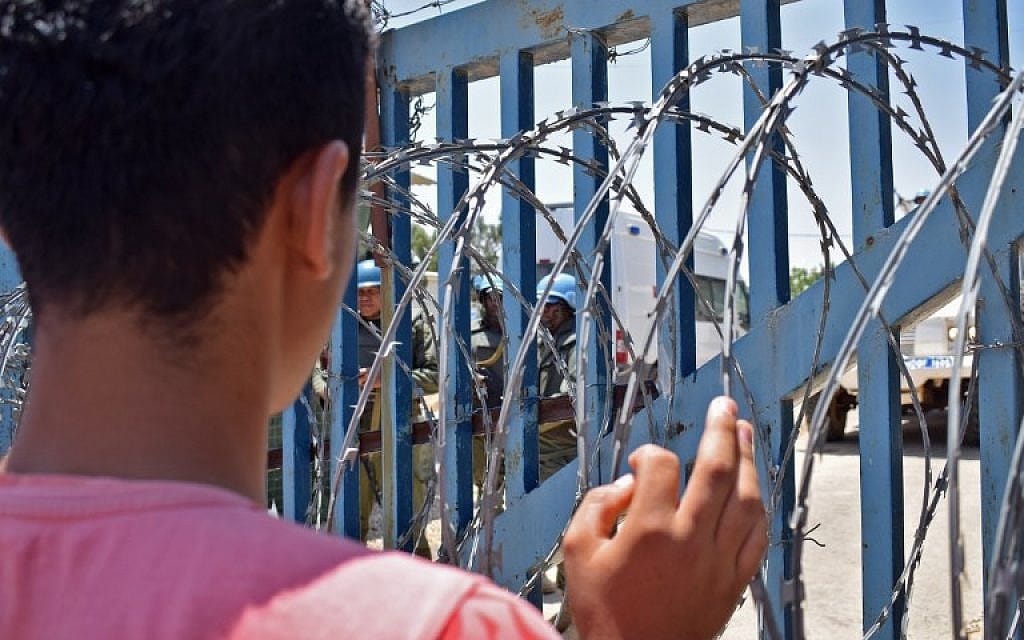The past few weeks have seen a significant escalation in tensions between Israel and Syria, particularly regarding the presence of Syrian troops in the buffer zone along the Israel-Syria border. As Israeli forces carry out operations within this area, Prime Minister Benjamin Netanyahu’s recent testimony in court has drawn attention to the complex web of legal and military developments surrounding the situation.
With confrontations between the two nations growing increasingly frequent, it is crucial to consider the underlying causes of these escalations. As Syria’s civil war continues to rage on, the involvement of Iran and its proxy forces has increased, posing a direct threat to Israel’s security. In response, Israeli forces have targeted Iranian assets and related infrastructure in Syria, including weapons shipments and militant training camps.
These targeted strikes have largely taken place in the buffer zone between the two countries, designed to maintain peace following the 1974 disengagement agreement. While Israeli forces have operated in this area with relatively little opposition in years past, the recent incursions by Syrian troops have raised concerns over potential escalation. As the situation remains fluid, it remains to be seen whether negotiations can help de-escalate tensions or if military confrontation becomes more likely.
Alongside these developments, the legal proceedings against Israeli Prime Minister Benjamin Netanyahu have garnered widespread attention, particularly given their timing in the backdrop of heightened tensions. These trials center around allegations of bribery and fraud regarding gifts received from businessman Arnon Milchan and others. While these proceedings are purely domestic in nature, their ongoing nature and potential outcome could impact Netanyahu’s ability to effectively manage Israeli policy during these tumultuous times.
As regional tensions continue to rise, key international actors, including the United States and Russia, have grown increasingly concerned about potential destabilization and spillover effects into neighboring countries. With numerous interests at stake and varying degrees of influence from Iran, Turkey, and other regional powers, it remains uncertain whether these parties can cooperate effectively to de-escalate the situation.
As the situation in the Israel-Syria buffer zone continues to evolve, the role of the United Nations and other international organizations remains crucial in promoting dialogue between the conflicting parties and ensuring that diplomatic avenues remain open. Without such mechanisms, the prospects for a negotiated solution could be stifled, paving the way for further confrontation and exacerbating an already tense security situation in the Middle East.



